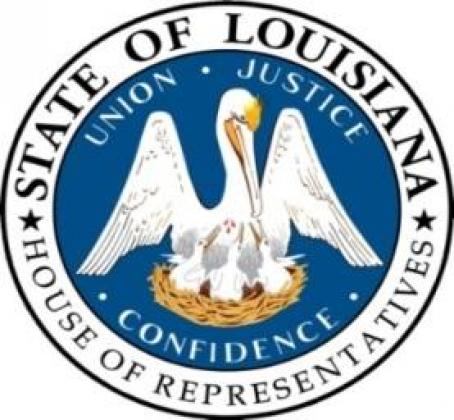
Ryan Noonan / LSU Manship School News Service
The House rejected a hotly debated bill Tuesday that would have opened up closed waters for public access and navigation.
The bill, which failed 58-38, essentially would have allowed recreational fishermen to fish in some privately owned waters and waterways without fear of legal consequences.
After spending two hours of debate on an unusually large number of amendments, it became clear that representatives were simply was too divided on the issue to have much chance.
Some of the most prominent concerns included the ways people could build structures to block waterways, the liability of property owners and even how to define “running waters.”
Amendments addressing all of these issues were considered, a few which were adopted. However, the bill’s sponsor, Rep. J. Kevin Pearson, R-Slidell, complained that a number of the amendments were just “poison pills” to help kill the bill.
Others, like Rep. Barry Ivey, R-Central, felt the bill was simply too intrusive on landowners.
Essentially, the private waters that would have been affected by the bill were those that are connected to state waters or waterways subject to coastal tide activity.
This would have been significant, as there are a large number of coastal marshes and swamps in the state that meet these requirements and are privately owned.
While the land underneath and surrounding the water can be owned privately, the water itself--as well as its aquatic life--is classified as state property.
However, trespassing laws have allowed private owners to file charges against boaters and anglers accessing the property. Pearson said his primary concern in proposing the bill was to eliminate this risk for recreational fishermen.
“This bill was never, ever about access to any land,” said Pearson. “We are trying to allow Louisiana, which once was called the sportsman’s paradise, to remain the sportsman’s paradise.”
“We can’t remain the sportsman’s paradise when you have someone fishing in southern Louisiana and getting a ticket for trespassing on property that he doesn’t even know is private,” he added.
Pearson also said he had reached out to landowners about the bill but had received less-than-enthusiastic responses from them.
“I have not had any assistance there, it’s just, ‘We’re going to kill the bill,’” he said.
While the public would have been able to access the waterways, the ownership of the land would not have been affected. Owners also would have retained limited liability if their properties was used by others for recreational purposes.
A previous version of the bill allowed for an exemption from the law in areas in which obstacles impeding navigation were constructed by a private landowner before March. That was amended to require a permit from the Department of Natural Resources before the bill was killed.
According to Louisiana Sportsman magazine, B.A.S.S., a prominent fishing organization, had said it would stop hosting tournaments in Louisiana tidewaters that appeared to be public waterways if recreational fishermen were at risk of arrest.
